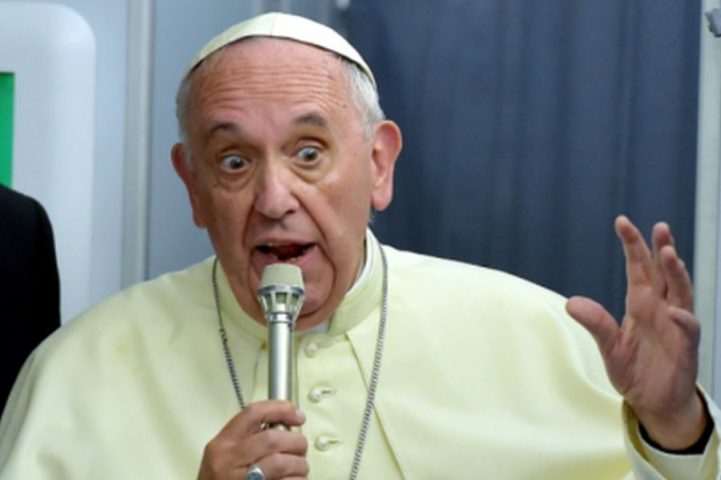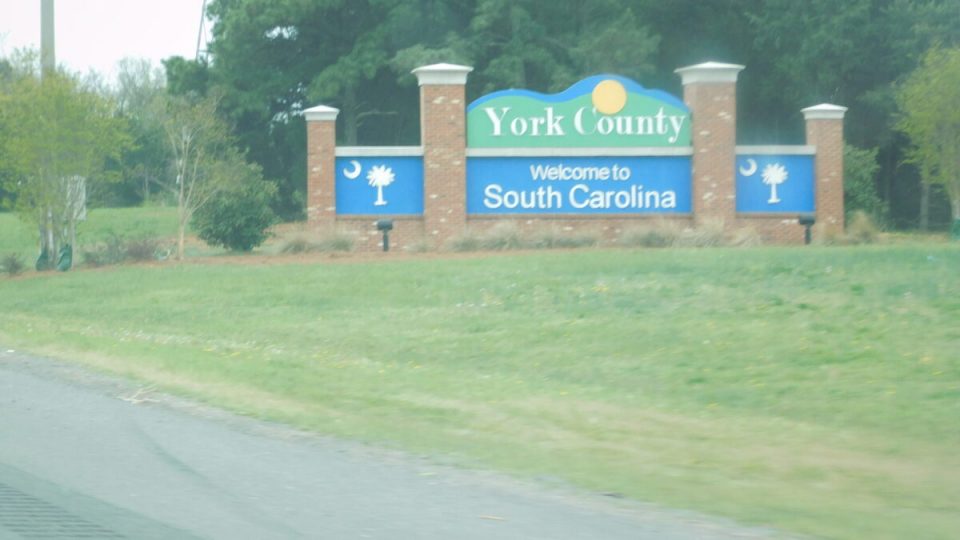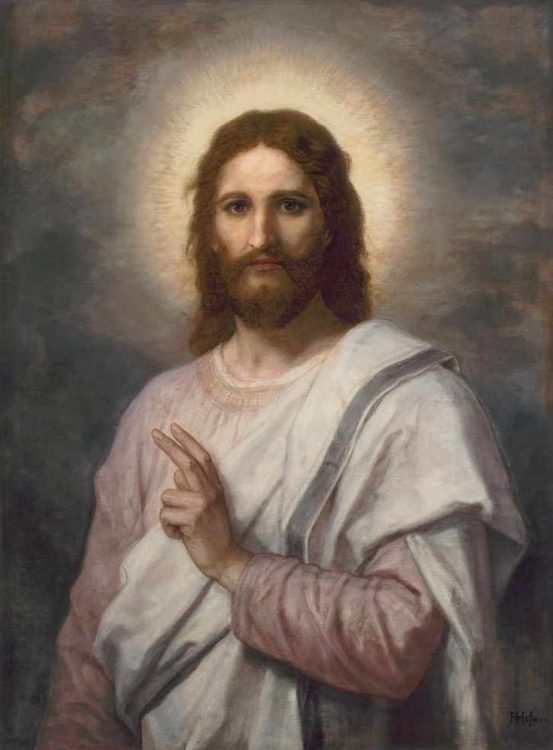On Capital Punishment, Pope Francis is Using Mainline Protestant Logic

Liberal Media Explode Over Catholic Dress Code
October 16, 2017
President Trump at Value Voters Meeting: Our Faith and Values Inspire Us
October 16, 2017
By John Zmirak, a Senior Editor of The Stream, Oct.16, 2017
 Pope Francis is at it again. He’s talking about change to an ancient Catholic teaching. This time, the issue is capital punishment. The liberal Jesuit magazine America reports:
Pope Francis is at it again. He’s talking about change to an ancient Catholic teaching. This time, the issue is capital punishment. The liberal Jesuit magazine America reports:
Pope Francis declared today that the death penalty is “contrary to the Gospel.” He said that “however grave the crime that may be committed, the death penalty is inadmissible because it attacks the inviolability and the dignity of the person.”
He did so in a major talk on Oct. 11 to an audience of cardinals, bishops, priests, nuns, catechists, and ambassadors from many countries on the 25th anniversary of the promulgation of the catechism, affirming that there has been a development of doctrine in the church and a change in the consciousness of the Christian people on the question of the death penalty. The pope’s comments and the timing of them suggest that a revision of the Catechism of the Catholic Church may be forthcoming to reflect this new development in the church’s understanding.
“One has to strongly affirm that condemnation to the death penalty is an inhuman measure that humiliates personal dignity, in whatever form it is carried out. And [it] is, of itself, contrary to the Gospel, because it is freely decided to suppress a human life that is always sacred in the eyes of the Creator, and of which, in the final analysis, God alone is the true judge and guarantor,” Pope Francis said.
So, in case you’re wondering, that would mean it was wrong to hang the Nazis at Nuremburg (an act which Pope Pius XII strongly supported).
Going All the Way Back to Moses
Capital punishment is not, like hormonal birth control in 1968, some new invention requiring fresh new thought on the Church’s part — if only to see how an ancient doctrine applies to brand new things.
No, capital punishment is a settled Christian doctrine. It has roots deep in the Old Testament, where God told Moses to impose it for a long list of crimes. It’s solidly grounded in the natural law God wrote in the human heart. No pope, or council, or anything short of the Second Coming of Christ can change this Christian teaching. (See this two-part series I wrote here for The Stream for why.) The pope, unlike Christ, does not have the authority to say things like: “Moses said unto you X, but I tell you Y.”
Even worse is the logic Francis seems to be using. I’m a lifelong Catholic. I’ve published ten books in defense of the faith. So tears fill my eyes as I write this. But Francis is using the logic of liberal, Mainline Protestantism.
Mainline Protestant Logic
That’s the logic that “updated” the Gospel straight into bland irrelevance. That closes churches like Harvey Weinstein’s career options. If we accept that logic on capital punishment, that sets a precedent. It will eat away at other unpopular teachings — from sexual morality to abortion, from sacraments to the Trinity. Remember the “living Constitution” ideology of activist Supreme Court justices? It led us from discovering a “right of privacy” in Griswold v. Connecticut, to a right to abortion in Roe v. Wade, and a right to same-sex marriage in Obergefell v. Hodge. That can happen in sacred doctrine as well as legal doctrine. Ever heard of the Episcopal Church?
Francis’ statement contradicts countless defenses of capital punishment by Church councils and popes — right up through the 1990s. So Pope Francis said:
“It’s not sufficient to find a new language to announce the faith of always; it is necessary and urgent that, faced with the new challenges and new horizons that are opening for humanity, the church can express the new things of the Gospel of Christ that, while enclosed in the Word of God, have not yet come to light.”
…
Speaking of the way the church’s teaching on the death penalty in presented, Francis declared that “this problem cannot be merely reduced to a mere memory of historical teaching without bringing to the fore not only the progress in the teaching by the work of the last pontiffs but also the changed awareness consciousness of the Christian people, that rejects an attitude which consents to a punishment that heavily harms human dignity.”
…
Pope Francis concluded by saying: “Tradition is a living reality and only a partial vision can think of ‘the deposit of faith’ as something static. The Word of God cannot be conserved in mothballs as if it were an old blanket to be preserved from parasites. No. The Word of God is a dynamic reality, always alive, that progresses and grows because it tends towards a fulfillment that men cannot stop.”
This “law of progress,” he said, “appertains to the peculiar condition of the truth revealed in its being transmitted by the church, and does not at all signify a change of doctrine. One cannot conserve the doctrine without making it progress, nor can one bind it to a rigid and immutable reading without humiliating the Holy Spirit.”
How to Change Anything
The logic here could equally apply to allowing same-sex marriage in Catholic churches. Why not? Or to accepting whatever further demands that big government or our intolerant culture makes of Christians. What if such an attitude had prevailed in the Vatican in the 1930s? The popes might not have rejected Nazi racism. Or Soviet collectivism. Both stances brought on the persecution of Catholics. We paid a price. Those popes could have discerned in the signs of the times, and the sympathies of many Christians, sufficient reason to toss out the clear biblical and Church precedents forbidding such “developments” of doctrine.
Accept this logic, and you make the Church a rubber stamp for the world. What if this logic had been in place in the third century? We’d have seen popes burning incense cheerfully in front of “holy” statues of Caesar.
The pope, unlike Christ, does not have the authority to say things like: “Moses said unto you X, but I tell you Y.”




